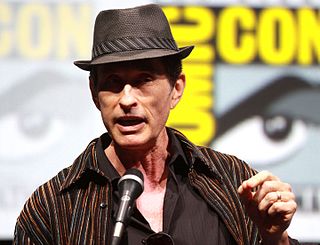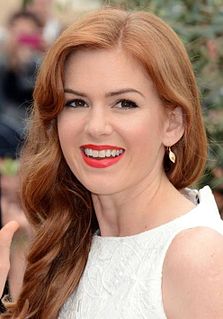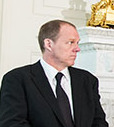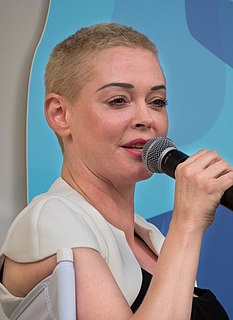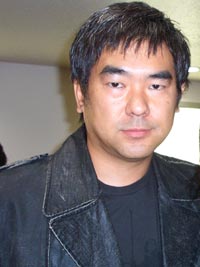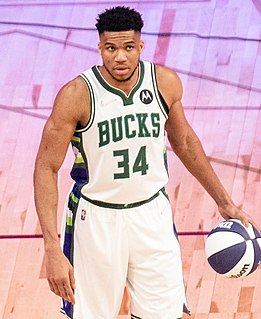A Quote by David Twohy
With an independent movie, it's like, 'Okay I know what I want, and I got to go for it.' I just got to get the A version of this. Occasionally we'll try a B version, but not often. We'll just get what's scripted and try to do that as best we can, so you sort of edit while you shoot an independent movie.
Related Quotes
All my cuts are always about three hours, at the start, mainly because any scene in the movie that's 90 seconds, I probably shot a five-minute version of. If you just extrapolate that through the whole movie, I have a very long version of every scene, usually because, if there's one funny joke, I'll shoot five because I don't know if the one I like is going to work. I'll get back-ups because my biggest fear is to be in previews, testing the movie, and a joke doesn't work, but I have no way to fix it because I have no other line.
The way financing for independent movies goes is great. You get the money from the guy who's actually doing the distribution in France. You say, "Do you want a piece of this movie?" And he's got to sell this movie to get his money back. That's the brains of it; that's the genius of this financing. "You want Germany? Give us a million dollars and you've got Germany."
I generally go into a movie with a very strong vision, with how I want to make the film, how I want to shoot the film, how I want to edit the movie, what I want the sound to sound like. So I have a very concrete idea even if I don't storyboard it, I know exactly what I want to do once I get into the sequence. Now having said that, I try not to let that slave me to the process. So if I do storyboard a sequence I don't necessarily stick to it if I discover more exciting things on set.
In editing, you really face what the movie is. When you shoot it, you have this illusion that you're making the masterpieces that you're inspired by. But when you finally edit the movie, the movie is just a movie, so there is always a hint of disappointment, particularly when you see your first cut.
I think when I start out writing, I always try to write the version of the movie that I want to go see. I don't mean it in a way that ignores the audience, but I really set out to make a movie that I want to see and that, hopefully, other people will want to go see it. So whatever's amusing to me, I guess, I throw it all in there.
I've done roles before where I've wanted to be buff and sort of fit or whatever. And I like to try and be a little bit fit because there's usually one scene in a movie where you've got to run, which means you've got to run for about five hours nonstop. So, for me, it's just worthwhile being fit because doing a movie can be kind of grueling for six, seven, eight weeks. Or 12 weeks.
